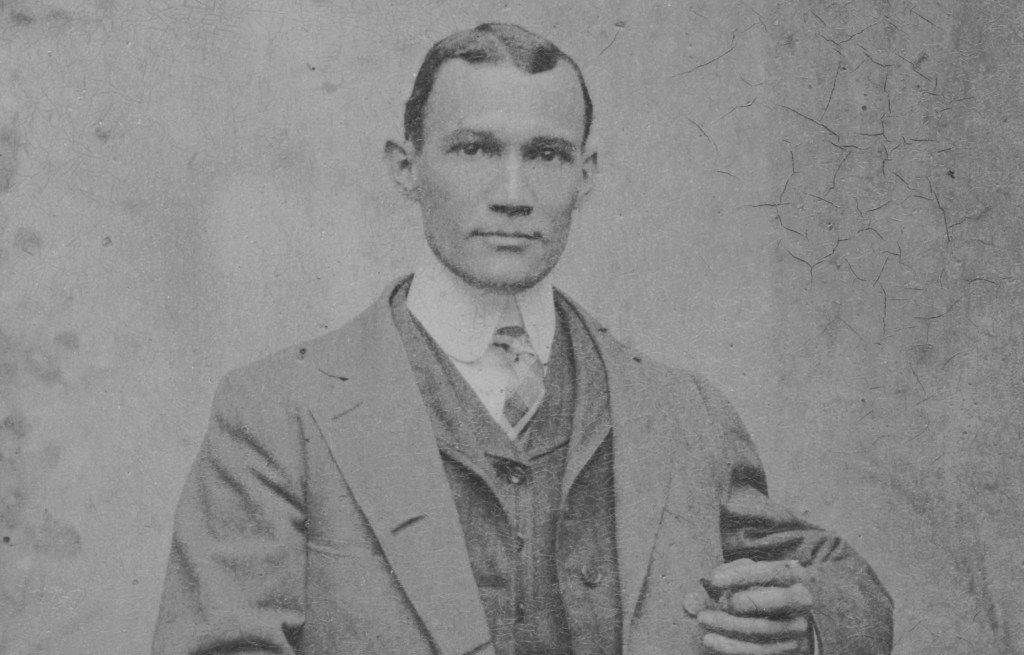Richen: I will say that Brad definitely took on the task of reaching out to the white descendants. And that makes sense, because it was sensitive material. We had people who agreed to talk and people who did not want to be a part of it. I wasn’t all that hopeful of how many white descendants that we would eventually get, and I’m really grateful for the ones that participated. It’s not easy, but it’s so necessary.

Speaking to the journalism piece of the film, the newspapers of the time in some ways resemble social media today in terms of the way information was communicated. Where do you see social media fitting into the news space now?
Richen: So many people we know are getting their news from social media, and what that means is one of the things I think about with my journalism students. How do we teach them to distinguish misinformation from real news? That was worrisome before the recent election, and Donald Trump has made it clear that journalists are not his best friends. It’s a very worrisome time. Schools have to recalibrate what it means for the journalism and for students.
Lichtenstein: It’s scary because the form of social media is so short and its half-life is even shorter, but its cultural impact is amplified. That just seems like a recipe for an uninformed citizenry. At the time of Wilmington, newspapers had agendas they were pushing, but even the most racist and skewed articles had anywhere from nine to 12 paragraphs!
American Coup was made for PBS, and there’s a concern that public television could see its budget slashed under the new administration. Are you concerned about getting future projects set up at these outlets?
Lichtenstein: I’m less concerned about where my next project will be, but I think public media always needs to make the case for itself in the framework our democracy. Commercial media has to pay attention to the financial bottom line, but public media is accountable to democracy and what a democracy demands of people and its citizens. I know that sounds highfalutin, but if you just compare Netflix’s release schedule to public media’s release schedule, you’re going to see that the latter is taking Americans inside communities and periods of history, and asking hard questions.












